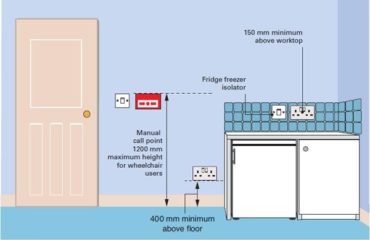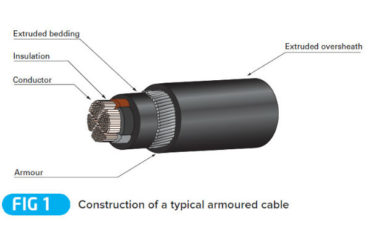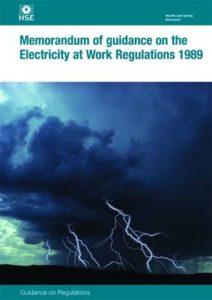Electricians might find themselves asking the question ‘why do an Inspection and Testing course?’ There are a range of reasons and benefits for becoming qualified in this…
Inspection and Testing is extremely important for many reasons. Firstly, it can be very dangerous if faulty installations are not fixed and can result in electrical fires, electric shock and in some cases, loss of life. Also, landlord electrical safety regulations make inspection and testing essential for landlords and their properties.
If an electrician conducted work and any issues were reported, the person who was responsible for the work would need to prove they were technically competent – this is a legal requirement and having an Inspection and Testing qualification would prove this.
Also, being qualified to do Inspection and Testing is a requirement for joining a Part P scheme.
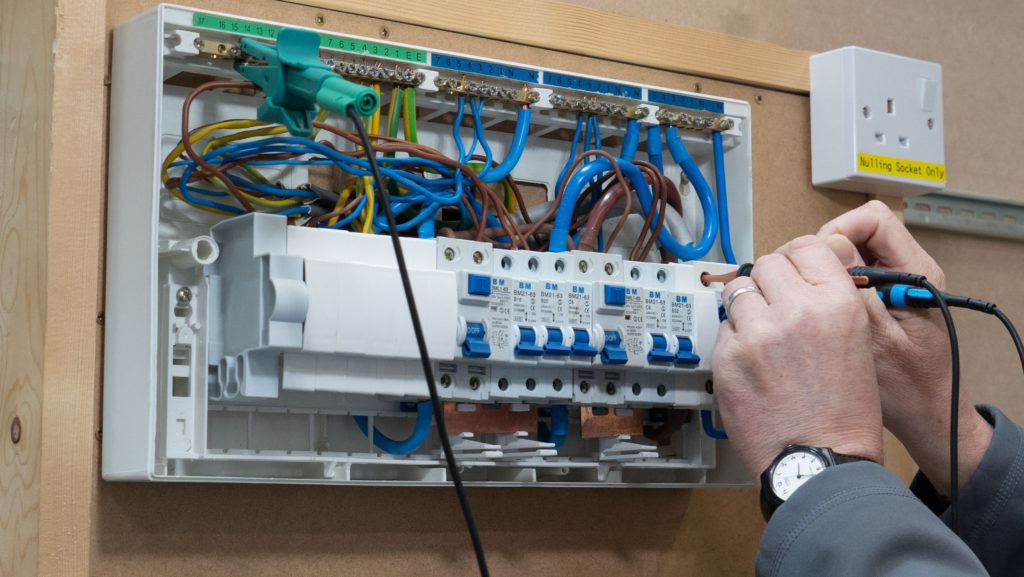
What Inspection and Testing courses are there?
There are a range of courses you can take to qualify within Inspection and Testing, proving you are competent and able to carry out the work. The course you do depends on what qualifications you currently have, what type of Inspection and Testing you want to complete, and your experience.
Level 2 Certificate in Fundamental Inspection, Testing and Initial Verification
This course is aimed at newcomers of Inspection, Testing and Initial Verification and is a great starting point for those wanting to progress into doing any of the 2391 courses. The course covers a range of topics including preparing for initial verification, use of multifunction testing meters, safe isolation, RCD testing, documentation, SELV protection, continuity of protective conductors, insulation resistance, and much more.
To successfully gain this level 2 certification, candidates must pass a multiple-choice online examination as well as a practical assessment. There are no formal entry requirements to do this course, however, it is beneficial for candidates to have a basic knowledge and understanding of electrical principles and practices, as well as experience in the industry and of installations.
City and Guilds 2391-50: Initial Verification of electrical installations
This course is ideal for practising electricians who haven’t carried out Inspection and Testing or require an update of training before moving on to another qualification. Once this course is passed, candidates can progress onto the 2391:51 course. To take the 2391-50 course, students must have knowledge of the BS 7671 IET Wiring Regulations, an understanding of electrical practices and principles, and an understanding of 3 phase systems. Experience working within the industry would also be beneficial.
This course covers the teaching of initial verification and certification of electrical installation, covering topics such as the requirements for initial verification, safety management procedures, requirements for initial inspection, performing inspection and testing, and more. To pass this course and receive the qualification, candidates must successfully sit a multiple-choice examination and practical assessment.
City & Guilds 2391-51: Periodic Inspection and Testing of Electrical Installations
The 2391-51 course is ideal for electricians who have limited experience of periodic inspection – it covers a range of principles, practices and legislation for periodic inspection, testing and condition reporting of electrical installations. Areas this course covers include requirements for completing safe isolation, requirements for completing periodic inspection, the difference between periodic and initial verification, requirements for testing live installations, understanding and interpreting test results, and more.
To take this course, candidates must have an understanding of IET Wiring Regulations (BS 7671), a clear understanding of electrical principles and the practices of electrical installations, and ideally, an understanding of 3 phase systems. Experience working in the electrical industry is also useful. To gain this qualification, candidates must pass a multiple-choice examination and a practical assessment.
City & Guilds 2391-52: Initial and Periodic Inspection and Testing of Electrical Installations
This course combines the 2391-50 and 2391-51 courses and covers both types of inspection and testing. The 2391-52 course is a replacement, and improvement, of the former 2394/2395 course which has been withdrawn. The course covers fundamental theory, initial verification theory and practical, and periodic inspection – at the end of this course, candidates will undertake a two hour, open book, multiple-choice exam and must pass this, and a four-hour practical assessment, to qualify.
To take this course, candidates must have a good understanding of BS 7671 IET wiring regulations, a clear understanding of electrical principles and aware of the practices of electrical installations and ideally an understanding of 3 phase systems. Preferably, candidates will have experience working within the electrical industry.
Technique Learning Solutions offer a 1-day practical workshop available to candidates who have completed any of the 2391/2392 courses and require further ‘hands-on’ practical experience before their practical examination. Most students who take this option, elect to complete this the day before their practical assessment.
EAL Inspection and Testing 4337/4338
This course provides a good understanding of the theory and practices involved in the initial verification and commissioning of electrical installations, as well as what’s required to do periodic inspections. It covers a range of topics including inspection of installations, safe isolation and testing, dead and live testing, inspection and testing requirements, completion of periodic inspection, and many more. Candidates will gain an improved knowledge of inspection/testing and periodic skills and receive a level 3 EAL qualification upon successful completion.
To do this course, candidates must have a good understanding of the Wiring Regulations (BS7671) as well as a clear understanding of electrical principles and practices of installations. Ideally, candidates will have experience working within the industry and knowledge of 3 phase systems.
The main difference between this course and the 2391 courses is that this provides candidates with an EAL certification on completion, not City and Guilds. There is also no written examination, instead, candidates will sit two online exams as well as a practical assessment.
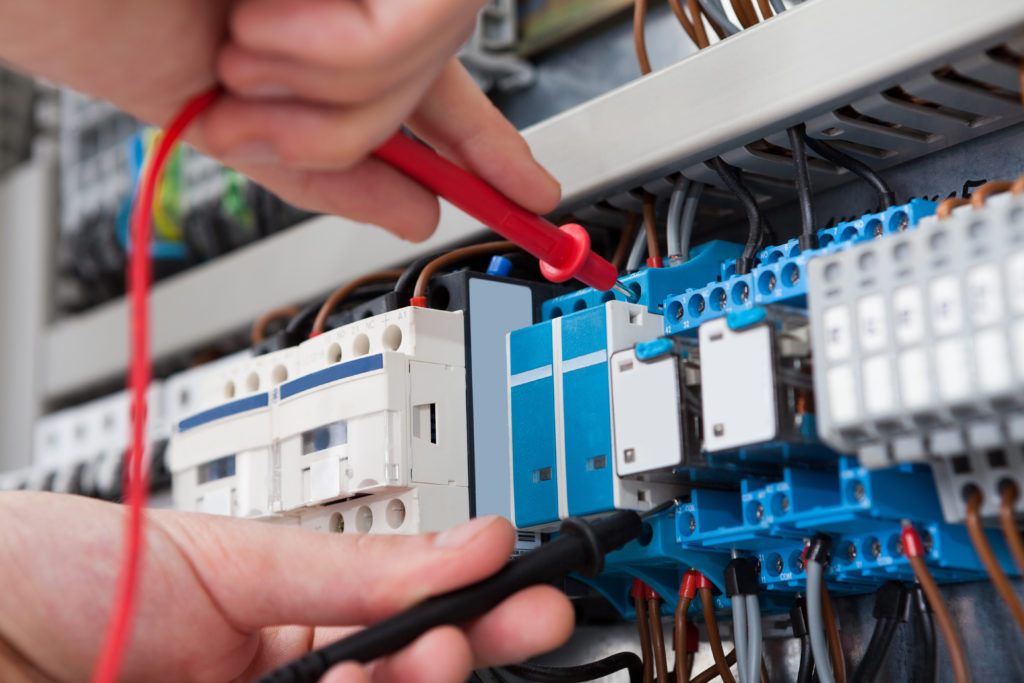
Further information
Technique Learning Solutions provide all of the above courses in different locations across the UK. Our courses are always as practical as they can be, and our tutors are all fully qualified and have a range of experience within the industry.
The BS7671 IET Wiring Regulations book is recommended for all of the above courses – if taking a course with us, we can loan this book for the duration of the course.
All of the above courses run over five days (except for 2392-10, this is four days) and cost £545 + VAT, except for the 2391-52 and EAL 4337/4338 courses, these are £845 + VAT.
All of the above courses are ideal for anybody wanting to become trained and qualified within Inspection and Testing. If you’re still unsure which of the above courses is right for you, Technique Learning Solutions are more than happy to help you figure it out! Just call us on 0800 112 3310 or email us at info@learntechnique.com. You can book the above courses with us via our website or by calling us – you can also download the course overview for our popular 2391-52 course below.
City and Guilds 2391-52 Course Overview
Receive the full course overview by submitting your details below.

